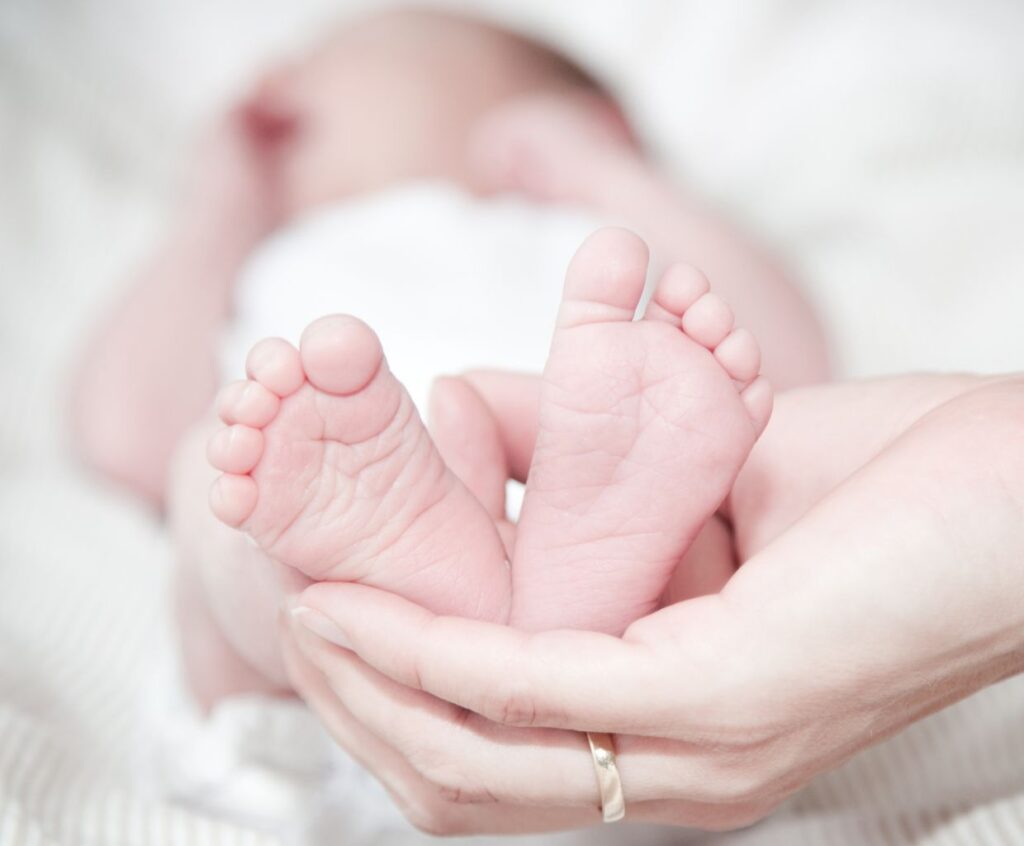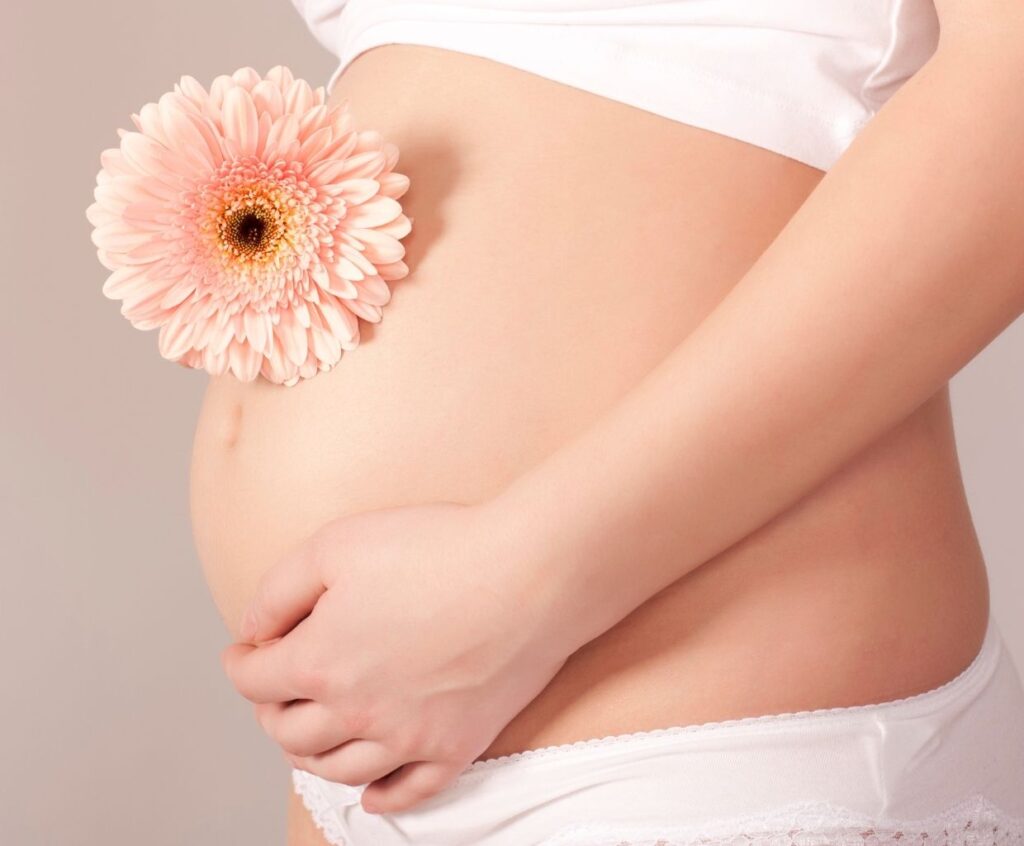The Weight of Joy: Understanding How Much Your Baby Adds to Pregnancy Weight
Welcome to the beautiful journey of pregnancy! You may have heard about weight gain as an expecting mother during this particular time. It’s natural to have questions and concerns about how much weight you should expect to gain and how it will affect your body.
In this article, we will explore the subject of pregnancy weight gain and specifically focus on the weight added by your growing baby.
Why Does Pregnancy Weight Gain Matter?
Pregnancy weight gain is essential to ensuring a healthy and successful pregnancy. It provides vital nourishment to your baby and supports their growth and development. Additionally, the extra weight gained during pregnancy helps prepare your body for the physical demands of childbirth and breastfeeding.
How Much Weight Should You Expect to Gain?
Every woman’s body is unique, and so is their pregnancy journey. The weight you should expect to gain during pregnancy depends on various factors, including your pre-pregnancy weight, overall health, and your baby’s growth rate.
Generally, healthcare providers recommend an average weight gain of 25-35 pounds (11-16 kg) for women with an average pre-pregnancy weight.
Breakdown of Baby’s Weight Contribution
It’s fascinating to understand how much weight your baby adds during the different stages of pregnancy. Here’s a breakdown:
-
- By the end of the first trimester, Your baby weighs about 1 ounce (28 grams).
-
- At 20 weeks (mid-pregnancy): Your baby weighs around 10 ounces (283 grams).
-
- During the third trimester, Your baby gains weight rapidly, approximately half a pound (227 grams) weekly.
-
- At birth: The average weight of a newborn is around 7.5 pounds (3.4 kg).
Other Factors Contributing to Pregnancy Weight Gain
While your baby’s weight significantly contributes to pregnancy weight gain, it’s important to note that other factors also play a role. These factors include:
-
- Placenta: The placenta, which provides nutrients and oxygen to your baby, weighs about 1.5 pounds (0.7 kg).
- Amniotic fluid: The fluid surrounding your baby weighs approximately 2 pounds (0.9 kg).
- Increased blood volume: During pregnancy, your blood volume increases to support your growing baby, adding around 4 pounds (1.8 kg) to your weight.
- Extra breast tissue: Your breasts prepare for breastfeeding and may increase in size, contributing to weight gain.
Managing Pregnancy Weight Gain
Maintaining a healthy weight gain during pregnancy is crucial for your and your baby’s well-being. Here are some tips to help manage your pregnancy weight:
-
- Follow a balanced diet rich in fruits, vegetables, whole grains, lean proteins, and healthy fats.
-
- Stay physically active with exercises approved by your healthcare provider.
-
- Stay hydrated by drinking plenty of water.
-
- Listen to your body’s hunger and fullness cues to avoid overeating.
-
- Attend regular prenatal check-ups to monitor your weight gain and discuss any concerns with your healthcare provider.
Remember, every pregnancy is unique, and focusing on having a healthy pregnancy is essential rather than obsessing over the numbers on the scale. Embrace the changes within your body and cherish the joy of nurturing your little one!
How does society’s perception of pregnancy weight impact the joy experienced by expectant mothers?
Society’s perception of pregnancy weight can significantly impact the joy experienced by expectant mothers. The pressure to maintain a particular body image during pregnancy can lead to dissatisfaction and a negative self-image. This, in turn, can diminish the joy and excitement that should accompany the pregnancy experience.
To promote a healthier understanding and acceptance of pregnancy weight gain, several steps can be taken:
1. Education and awareness: Society should be educated about the standard and healthy range of weight gain during pregnancy. This can help dispel misconceptions and unrealistic expectations.
2. Media representation: Media platforms should portray various body types and sizes during pregnancy. This can help challenge the narrow beauty standards and promote body positivity.
3. Healthcare provider support: Healthcare providers play a crucial role in shaping their patients’ perceptions. They should provide accurate information about healthy weight gain and address expectant mothers’ concerns or anxieties.
4. Social support: Creating a supportive community for expectant mothers can help combat negative societal perceptions. Support groups, online forums, and community initiatives can provide a safe space for sharing experiences and promoting body acceptance.
5. Mental health support: Pregnancy can bring about various emotional challenges. Accessible mental health resources should be available to help expectant mothers navigate body image concerns and promote overall well-being.
6. Prenatal education: Prenatal classes or workshops can incorporate discussions on body image and self-acceptance. These sessions can help expectant mothers develop a positive mindset towards their changing bodies.
7. Partner and family involvement: Partners and family members should be educated about the impact of societal perceptions on expectant mothers’ well-being. Their support and encouragement can play a vital role in promoting a healthier understanding of pregnancy weight gain.
By implementing these measures, society can contribute to a more positive and accepting environment for expectant mothers, allowing them to experience the joy of pregnancy without the burden of unrealistic societal expectations.
Is there a correlation between the weight gained during pregnancy and the emotional well-being of mothers, ultimately affecting their ability to experience joy?
Research suggests that there may be a correlation between the weight gained during pregnancy and mothers’ emotional well-being, which could affect their ability to experience joy. However, it’s important to note that this correlation is complex and influenced by various factors.
During pregnancy, hormonal changes, physical discomfort, body image concerns, and societal expectations can all contribute to fluctuations in emotional well-being. Weight gain, significantly if it exceeds the recommended guidelines, may be associated with increased stress, anxiety, and negative body image, which can impact a mother’s overall emotional state.
Additionally, societal pressures to quickly lose pregnancy weight and unrealistic beauty standards can contribute to feelings of self-consciousness and dissatisfaction. These negative emotions may affect a mother’s ability to experience joy and hinder her well-being.
However, it’s crucial to recognize that every individual is different, and the relationship between weight gain during pregnancy and emotional well-being can vary. Some women may embrace their changing bodies and experience joy throughout their pregnancy, regardless of weight gain.
It’s essential to prioritize maternal mental health and well-being during this time. Seeking support from healthcare providers, participating in prenatal classes or support groups, and practicing self-care can all contribute to a positive emotional experience during pregnancy.


